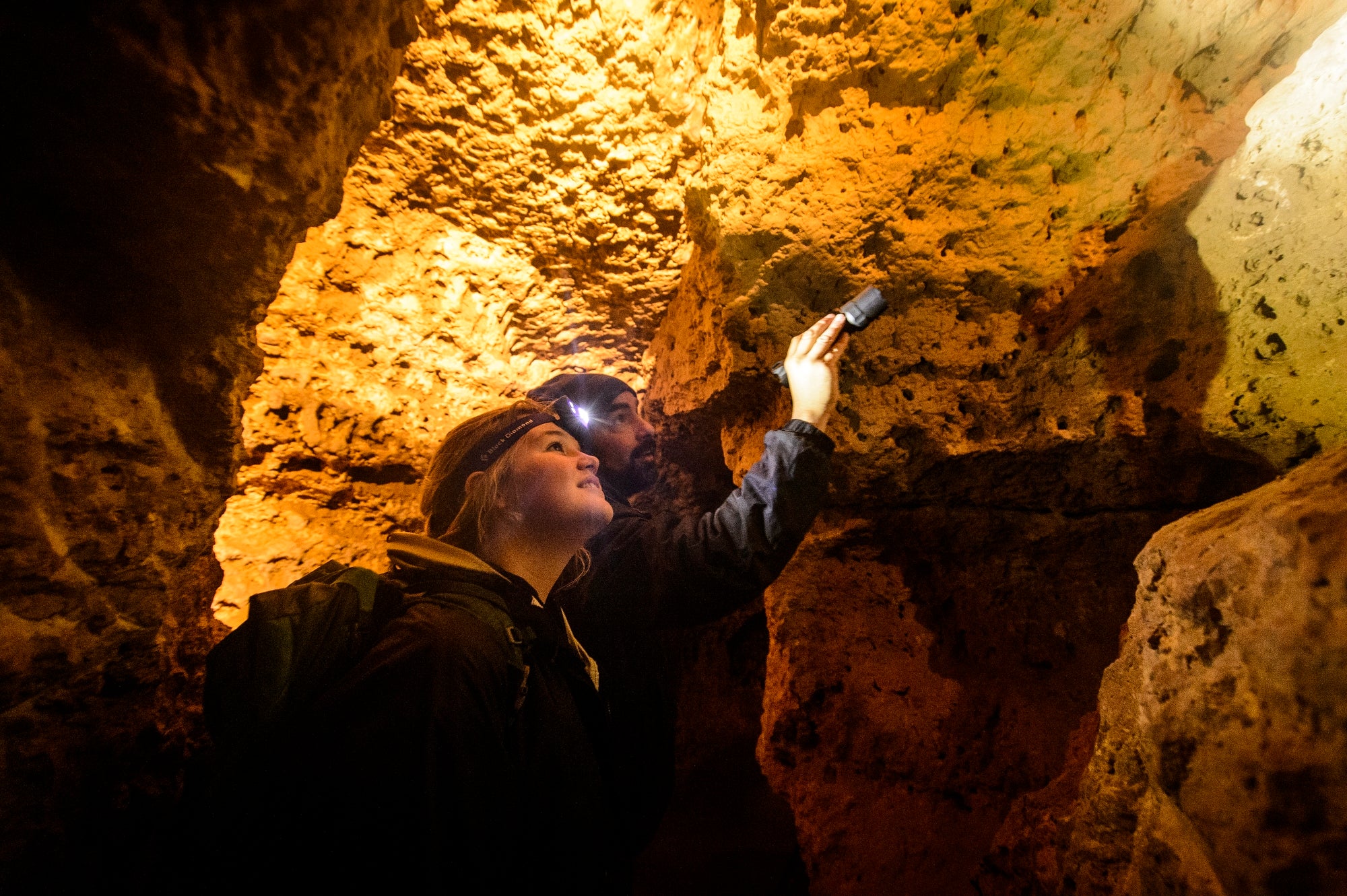It’s Memorial Day, a time to remember those who have given their lives in service to the country. An historian is with us to share the origins of the holiday and how it’s been celebrated. We also discuss why more men are getting health care jobs traditionally seen as “women’s work.” Plus, a look at recent predictions about how the American Health Care Act would affect Wisconsin families if it passed.
Featured in this Show
-
With Changes In Fields Where Men Traditonally Dominated, Some Men Are Taking On 'Women's Work'
With fewer jobs available in fields that have historically been male-dominated, some men are moving into careers that have been the domain of women in the past. We look at the consequences.
-
NASA's Team Studying Climate Change On Earth
When people hear “NASA” they probably think of space exploration and other planets. But NASA has a team of scientists dedicated to further studying Earth. The team flies over Antarctica often, studying the possibly effects of climate change. We talk to an editor from Discover Magazine about his time with this NASA team.
-
Inside NASA’s Operation Icebridge
Scientists who are a part of NASA’s Operation Icebridge have a daily routine. They fly out from Punta Arenas, Chile, in the southernmost tip of South America in a commercial passenger plane retrofitted with technology to measure glacial melt.
A four-hour flight brings them to Antarctica, which they fly over all day, crisscrossing the western part of the continent and measuring ice thickness, mapping the seafloor and taking pictures. Then they head back to Punta Arenas, another four hour trip.
Eric Betz, an associate editor at Discover Magazine, flew along with them and wrote about it for the Wisconsin-based magazine.
“There’s ice from horizon to horizon when you’re flying over these ice sheets, and you’re looking down on crevasses that drop hundreds of feet below. The whole experience kind of feels like you’re in an alien world,” Betz said.
Though NASA is known for its work in outer space, it has a history of researching our own planet.
“They really do it because they’re the ones who can,” Betz said.
Betz said there was a lot of debate in the 1980s as to who would get the contracts to do this type of research. It was around that time that scientists started to speculate more about the environmental effects of carbon dioxide emissions.
“And they looked at the Department of Transportation, the Department of Energy, and ultimately it fell to NASA because they had the experience of planetary exploration,” he explained.
Many scientists who study Antarctica see the continent as a nexus for climate change.
“This is the spot in the world where glaciers are melting fastest,” Bezus said.
In particular, scientists consider the Amundsen Sea Region of Antarctica to be the continent’s “weak underbelly.” That’s because the land underneath the region’s ice is beneath sea level, allowing warmer seawater to wash up under the ice and melt it from below.
“So, one of the things they’ve been finding as they fly back and forth over these glaciers is that as they retreat back — this is kind of crazy to get your head around — as they retreat inland, they’re actually going downhill, because of the way the continent is underneath the ice,” Betz said.
“And what the takeaway from all this basically is that scientists have come to think over the last couple years that the melting in this region is actually unstoppable. And some of these glaciers there are the size of U.S. states,” he said.
The larger glaciers act as plugs for glaciers further inland, locking them in and preventing them from sliding into the ocean and melting,” Betz said.
One such glacier is called the Thwaites glacier. It’s roughly the size of Pennsylvania, and if it melts fully, it will cause a 9-foot rise in sea level, just by itself, Betz said.
“The big question scientists are trying to answer is, how soon is soon? How quickly should we expect this melting to happen?” Betz said. “We really don’t have a good handle on that right now.”
-
The History Of Memorial Day
We’ll discuss the history of Memorial Day with Ken Davis author of “Don’t Know Much About History: Everything You Need to Know About American History but Never Learned”.
Episode Credits
- Rob Ferrett Host
- Veronica Rueckert Host
- Judith Siers-Poisson Producer
- Amanda Magnus Producer
- J. Carlisle Larsen Producer
- Alana Semuels Guest
- Eric Betz Guest
- Kenneth C. Davis Guest
- Rob Ferrett Interviewer
Wisconsin Public Radio, © Copyright 2024, Board of Regents of the University of Wisconsin System and Wisconsin Educational Communications Board.

